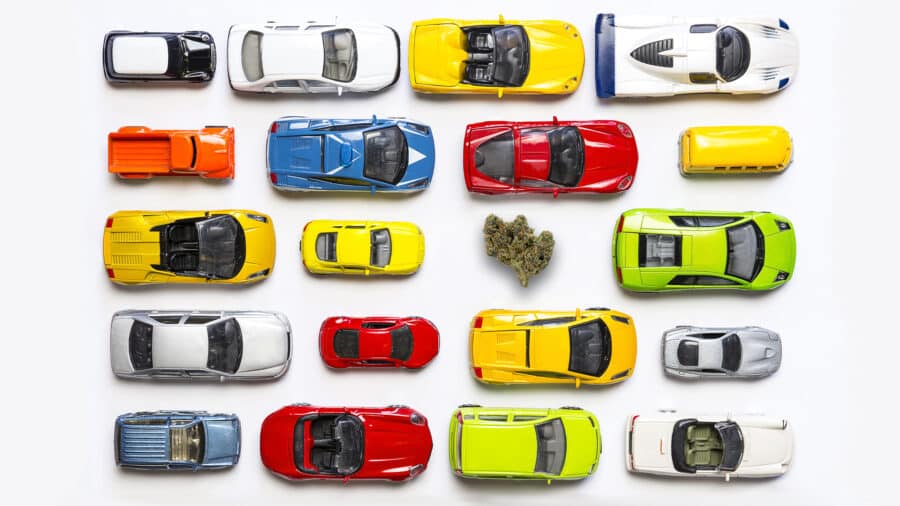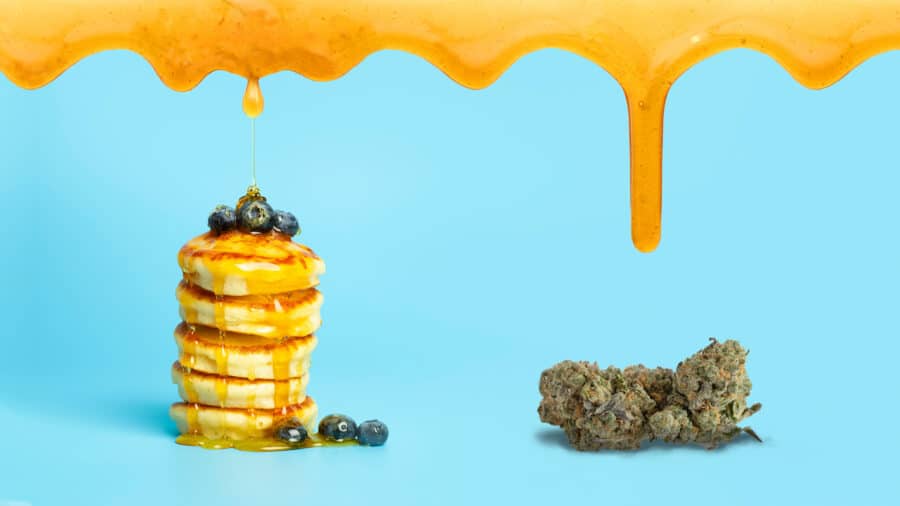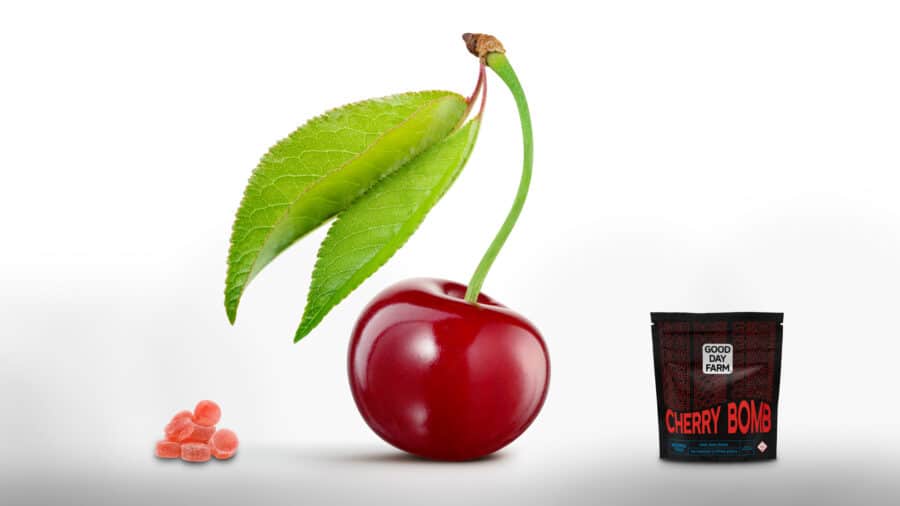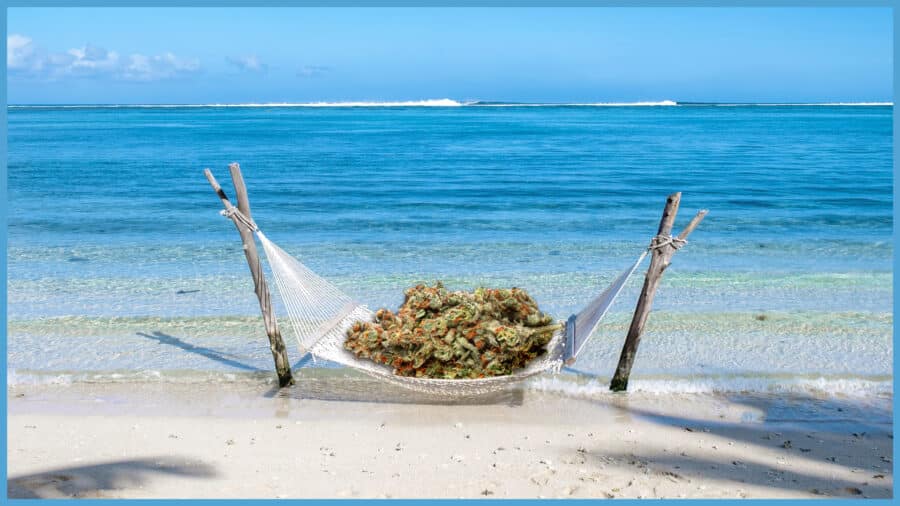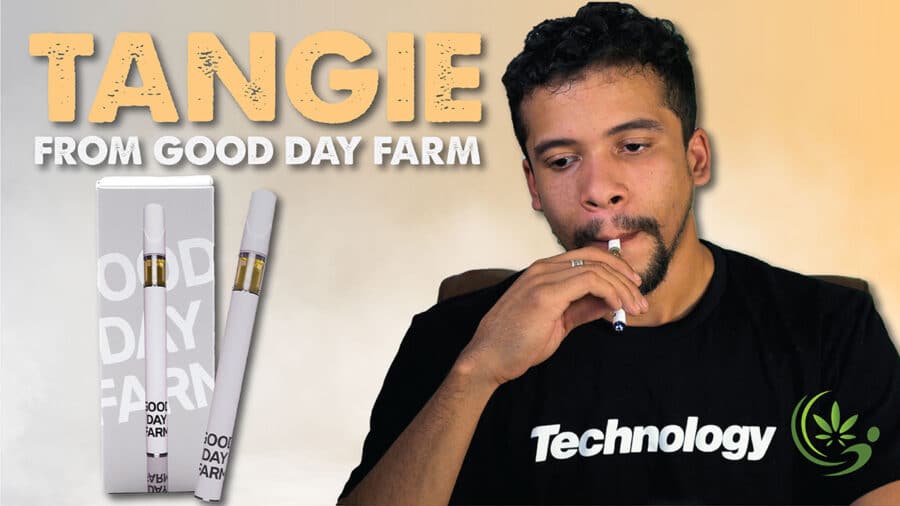The Delta-8 Conundrum: Harmless Alternative or Dangerously Unregulated?
Just because it’s legal doesn’t mean it’s safe

The Issue with Delta-8 THC
Driving around my Louisiana hometown, it’s not uncommon now to see signs for “Legal THC.” Things have certainly changed a lot in the eight years I spent outside of the Bayou State; I remember the extreme paranoia that accompanied any smoke session, due to our fear of getting busted.
Delta-8 THC is the product being advertised in this case, and in the past year I’ve had a few friends “switch over” to this legal marijuana alternative. While I consider myself generally knowledgeable about cannabis, I admittedly didn’t know anything about Delta-8. In an industry where new cannabinoids are frequently isolated and touted as medicinal, my default assumption was that Delta-8 was just another strain containing a specific, naturally occurring compound.
However, recent events have motivated me, as well as many of my friends and colleagues, to dig a bit deeper and educate ourselves on Delta-8, so we can make informed decisions regarding our willingness to continue using it.
A Worrisome Case
The crew here at Cannabinthusiast has been discussing the recent case of Tanner Clements, a four-year-old boy who died after, according to his mother, ingesting a Delta-8 THC edible. (Or maybe it was an entire bottle of edibles; nobody seems to know.) Medical experts have debated whether or not there were other factors involved, and many are skeptical of claims that THC overdose was the sole cause of death.
Conversations around THC overdose are often tense; in 2017, two doctors in Colorado declared, for the first time, that a child’s death was due to THC overdose. Before this case, the FDA had stated that no deaths from marijuana had been reported. This case sparked national debate in the cannabis community, with many medical professionals questioning whether cannabis was the underlying cause of death. Regardless of whether these deaths can be attributed to any kind of THC, we here at Cannabinthusiast staunchly believe in keeping your edibles or indeed your stash of any kind locked away somewhere safe if you have children.
However, the fact that Clements’ tragic passing was associated with Delta-8 gummies has raised additional concerns regarding the unregulated, chemically-produced cannabis alternative that has recently risen in popularity.
What is Delta-8 THC?
Delta-8 is a minor cannabinoid that occurs in extremely low quantities in the Cannabis Sativa plant. It produces a similar psychoactive effect as Delta-9 THC (the cannabinoid in “real” cannabis), though it is said to be only about half as potent.
Creating higher quantities of Delta-8, however, requires a chemical process known as isomerization. Google will give you a better science lesson than I can, but put simply, isomerization rearranges the elements of a molecule into a new structure, without adding or removing any parts. CBD, Delta-9, and Delta-8 are all “isomers” – they all contain 21 Carbon molecules, 30 Hydrogen molecules, and 2 Oxygen molecules, arranged in slightly different ways.
In the case of Delta-8, isomerization occurs by combining CBD with a lower pH (more acidic) solvent, such as hydrochloric acid, or sulfuric acid. As the CBD plant breaks down, or decays, in the extremely acidic solvent, the CBD molecules rearrange themselves into a different isomer; in this case, Delta-8 THC.
So basically, due to a large surplus of CBD plants being grown, industry scientists got creative in the lab and found a way to chemically transform their excess CBD into the previously overlooked Delta-8 THC cannabinoid, which could be legally sold due to a 2018 federal law that legalized the sale of hemp, a variety of the cannabis plant that contains less than 0.3% Delta-9 THC.
That hyper-specific definition created a loophole of sorts, as psychoactive Delta-8 products are derived from hemp and sold legally, due to their low quantities of Delta-9.

So What’s the Issue?
Technically, Delta-8 is a natural cannabinoid . . . and cannabis users in anti-legalization states now have a legal way to get high, so shouldn’t we all be celebrating? As I mentioned before, I have quite a few friends who have enjoyed Delta-8 products and the peace of mind that comes from knowing they’re not breaking any laws. I’m not writing this article to sound the alarm, but rather to educate others and encourage you to ask a few questions.
One thing to keep in mind is that there is little to no regulation involved in the creation of Delta-8 products. Remember: Delta-8 is extracted using highly acidic solvents like sulfuric acid, and this isomerization process can also yield other undesired compounds. Always do your research and only buy from trusted, reputable Delta-8 brands.
An example of a brand doing things with integrity in Louisiana is Crescent City Cannabis, located in New Orleans. Crescent City Cannabis rigorously tests all of their products to ensure cannabinoid potency and legality, and that there are no residual solvents, pesticides, heavy metals, or microbiological contaminants. Their product range includes edibles, hemp flower, topicals, and CBD drops, so head on over to their shop to get your CBD or Delta-8 fix.
In addition, pay attention to how Delta-8 products make you feel. While their effects can be quite similar to THC-9, there are subtle differences, and, of course, everyone will have a slightly different experience. I’ve personally tried vaping Delta-8 as well as edibles, and while I definitely got “elevated”, I didn’t love the high. I noticed feeling a bit more anxious, and less lucid than I usually am when smoking my favorite THC-9 sativa strains. Your results may vary though, and my experience is by no means applicable to anyone else’s.
In Conclusion
Delta-8 as we know it is a chemically produced isomer that only exists because of our country’s refusal to legalize cannabis (Delta-9 THC). History repeats itself, and as long as there is prohibition, people will seek out alternative ways to get high.
Back when I was in college, people were smoking “Spice” – an herbal blend sprayed with synthetic cannabinoids. Spice wasn’t illegal and could be bought at gas stations. Spice also put kids in the hospital, some in critical condition.
If Delta-8 works for you, I’m genuinely happy about that. Again, my goal here isn’t to put Delta-8 down; I just want everyone to stay safe and educated. If there’s one thing we can all agree on, it’s that my state (Louisiana) and yours – as well as the entire United States of America – needs to wake up and legalize cannabis across the board.
You and I have to do our part as well, though. One simple way that we can contribute to the cause is by contacting our elected officials. If you’re feeling inspired, head over to the National Cannabis Industry Association’s website for help finding your senators’ and representatives’ contact information, as well as for advice on how to craft your message.


